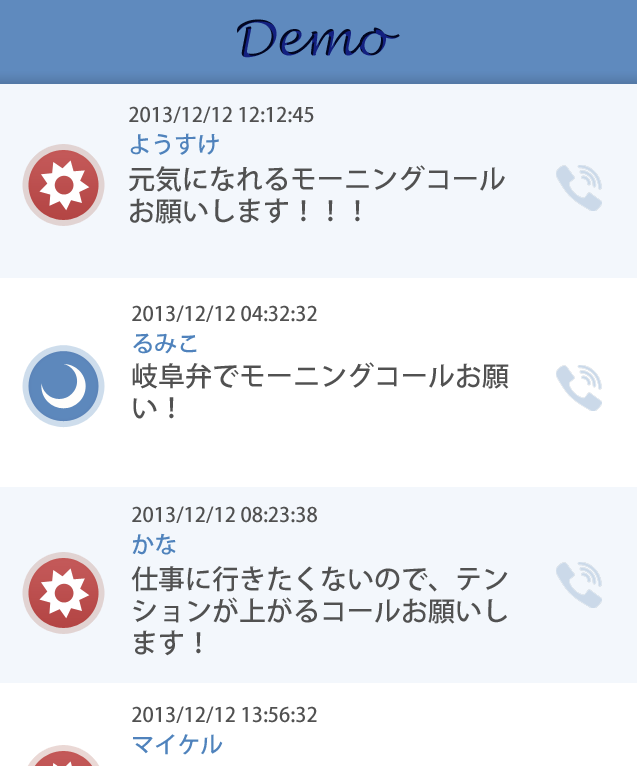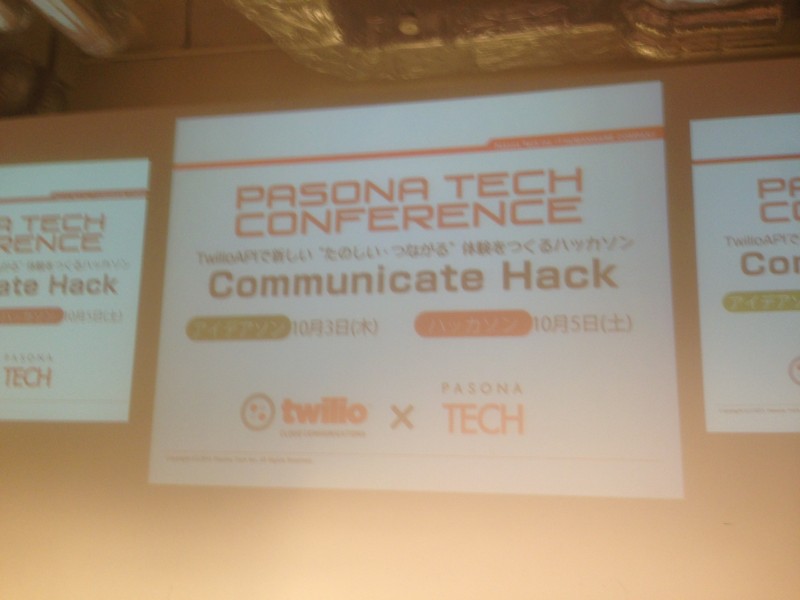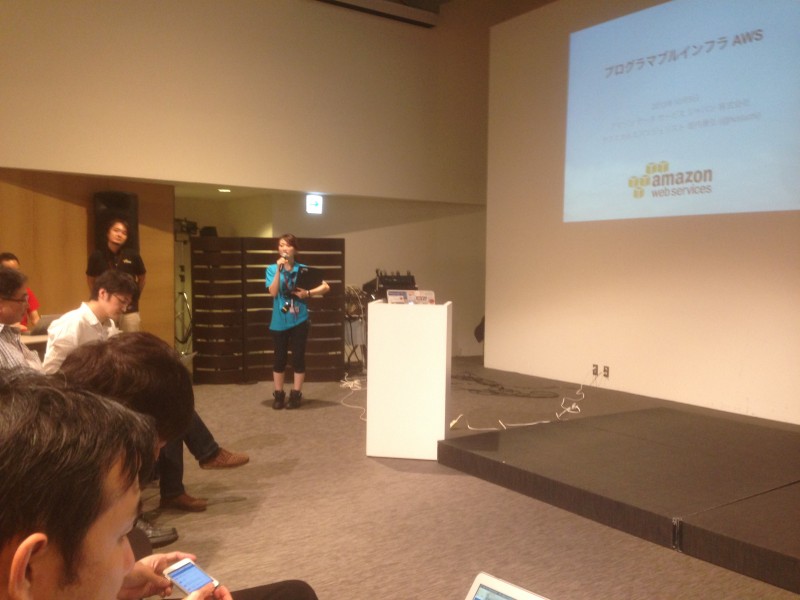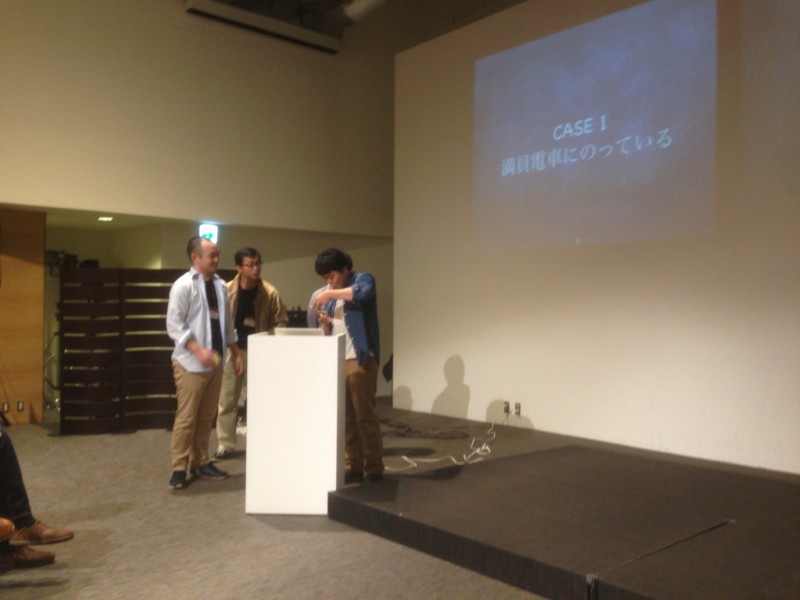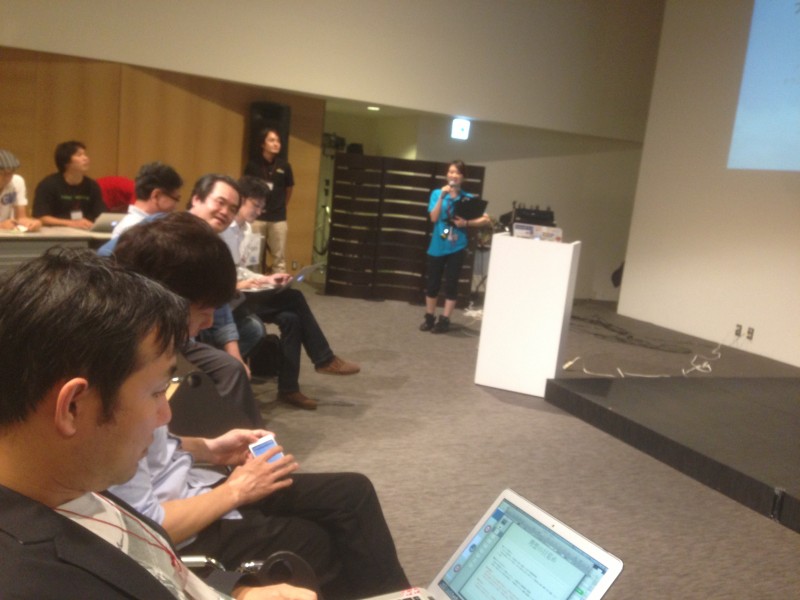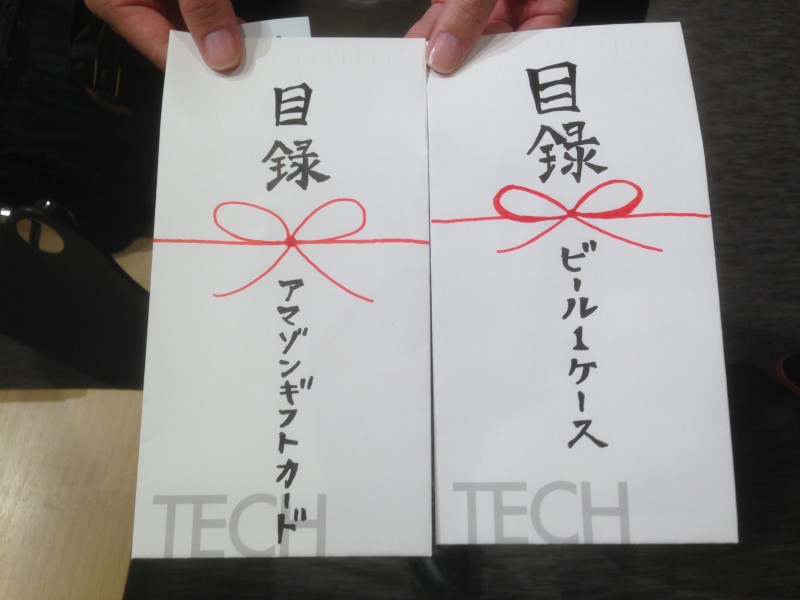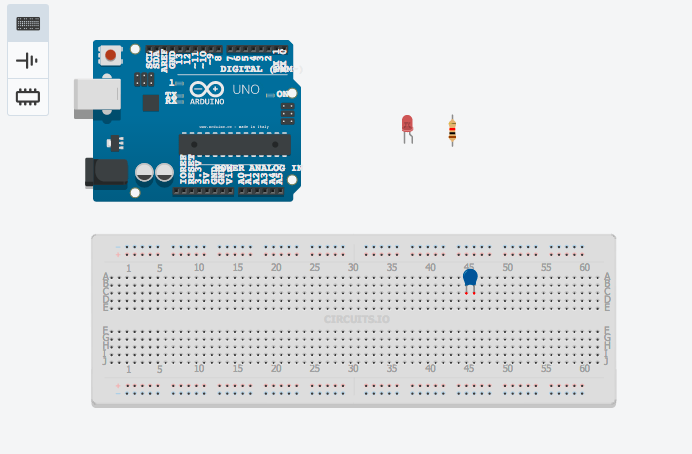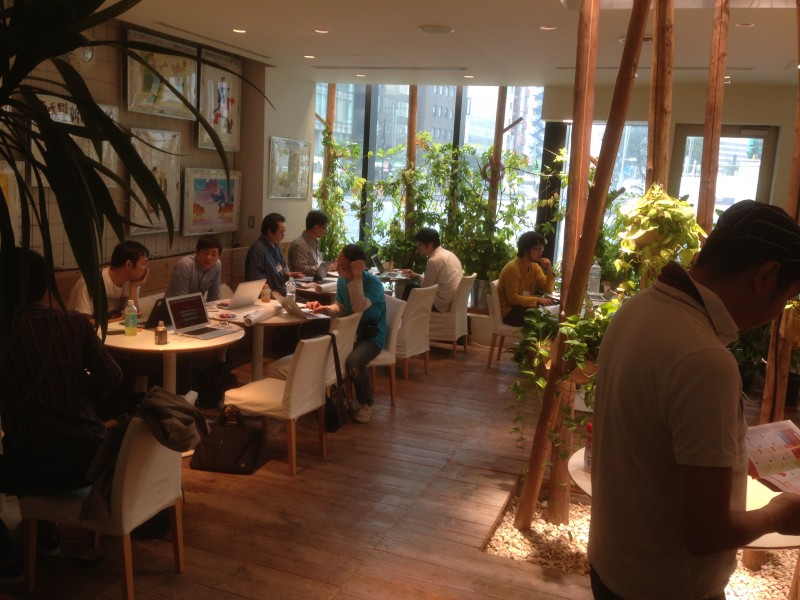
On October 5, a hackathon was held at the Tokyo Pasona Building to celebrate Pasona Tech's 15th anniversary.
コンテンツ
- About Pasona Tech Hackathon
- Loses bullet train ticket on the morning of the day
- Already at the end of self-introduction
- Team build with Gifu members
- So we came up with an idea → decided on a wake-up call.
- And so the work begins.
- Attending a conference for a bit
- resuming operations (e.g. at a power plant, etc.)
- announcement
- The result was announced → the winner!
- Impressions from Participation
About Pasona Tech Hackathon
The event consists of an ideaathon on the first day and a hackathon on the second day. I was not able to attend the ideaathon, so I only participated in the second half of the hackathon. http://15th.pasonatech.co.jp/event/hackathon.html
The theme of this year's event was " Communicate Hack," a hackathon to create new "fun and connected" experiences with the Twilio API. I had no prior idea about Twilio-based services, but I had created a simple service using Twilio at the previous Mashup Camp, a camp-type hackathon organized by Mashup9.
Brief schedule of the hackathon
10:00 Hackathon explanation, self-introduction, team build
10:15 Hackathon Start
12:00 Lunch on your own
17:00 Presentations, judging, awards
18:00 End
Loses bullet train ticket on the morning of the day
Yes, I lost my bullet train ticket in the morning.
Moreover, JR mercilessly charged me for the ticket. Furthermore, we had to have the bullet train searched, so it was past the start time of the hackathon.
I'm already crying.
I thought about just attending the conference while slowly healing my wounds at a cafe, but since I woke up early, I decided to head to the venue anyway. Oh no, where is the Pasona Building? It was starting to rain. I could cry right now.
Already at the end of self-introduction
I arrived at the Pasona Building as I was walking around inquiring about my lost ticket to JR.
Introductions were already in the final stages and I was shown to an empty seat.
It seemed that by the time I arrived, they were presenting the services that came out of the previous idea-thon and the services they were planning to create today. I introduced myself for the time being without understanding the situation well.
At any rate, I told him that I had lost my ticket and that I wanted to create a service to find the lost person using Twilio, which I had come up with five minutes before because of the loss.
Even though it was a last minute idea, I really want this service.
Team build with Gifu members
At the same table were two people from Gifu. Since I am also from Gifu, we talked about Gifu for a while. So, naturally, we decided to build a team with Gifu members.
Both of them said they had no particular service in mind, so for now, we had a serious discussion about a service for finding the lost owner. The need was quite strong, and the discussion went reasonably well from the standpoint of Twilio's feature of anonymity and the ability to contact the finder while maintaining anonymity.
However, it still did not seem to be possible to successfully prove that the person was the drop-off owner, and there seemed to be technical barriers, so we had to abandon the project.
No matter, I'll make this one myself eventually (and soon).
So we came up with an idea → decided on a wake-up call.
So we went back to the drawing board and came up with ideas again. Since I still didn't understand Twilio well, I thought about what I could do with the advice of my mentor.
I thought about a lawyer consultation service or a one-to-many advertising service using the conference mode, but rejected the idea because it was too realistic and the system was too complicated. In the end, we decided to create a wake-up call service because the system was easy to use, it incorporated original elements, it was unique to Twilio phones, and it seemed to be in high demand.
Of course, just a wake-up call is boring and we already have such things, so we add a little twist.
It is to add a powerful "incentive" to the caller.
Until now, services simply played an automated voice at the time specified by the user, or if a live voice was used, it was just a part-time call made by a call center lady who was paid to make the call.
On the other hand, our service gives the caller an incentive other than money. For example, suppose a girl with Kyoto dialect wants to be woken up at 7:00 AM. On the other hand, suppose there is a guy without a girlfriend who wants to talk to a girl with Kyoto dialect irresistibly.
If there is a girl on the list of people you want to wake up who speaks Kyoto dialect, you can call her and talk to her for free. This makes both parties happy.
In addition to this, there are many other uses, such as waking up a certain university alumnus to cheer up a child who is trying hard to pass the university entrance exam! There are many other uses, such as waking up a child to cheer him up, waking up a gaijin to help him study, or practicing for an aspiring voice actor.
And so the work begins.
The idea was generally solidified and work began.
At this point, the morning is almost over.
I implemented the Twilio functionality while scarfing down a free sandwich. Although I have used Twilio before, I still don't understand how it works. There seems to be no easy-to-understand documentation with diagrams, so I struggled a lot.
For now, I'll try to implement it as a review to the point of making a call to a specified number.
Attending a conference for a bit
I left the hackathon and went to hear a lecture by Mr. Tonomura of evernote Japan and Mr. Yoshinaga, President of Pasona Tech. 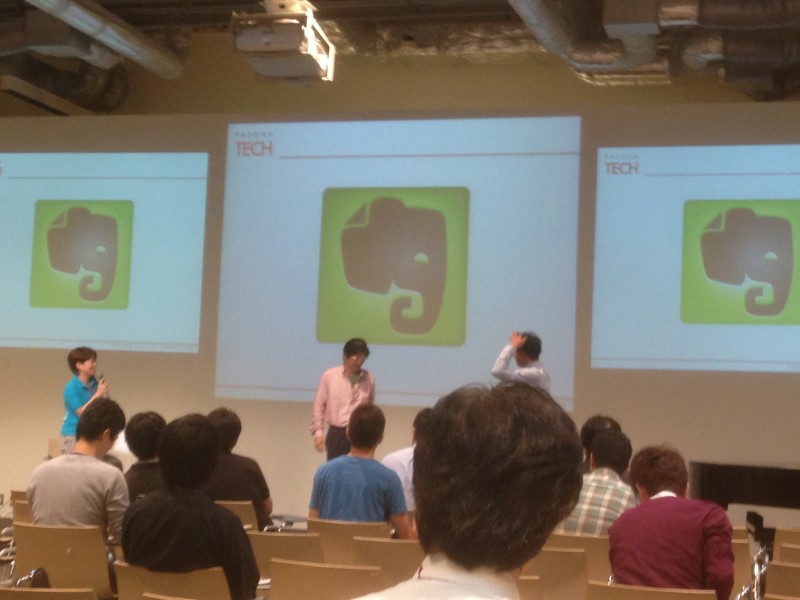
I won't bore you with the details, but it was quite an inspiring talk session. Especially, Mr. Tonomura's sharpness in his talk, which was brought out from his experience of working for foreign companies and traveling abroad, was amazing.
I took my hat off to him when he told me that in the days before Saruwaishi, when he moved to France, he took the overland route from Kyushu because flying was boring. I was also impressed by the story that Silicon Valley is first and foremost about human networking. By the way, the human network here means how many people know your "good points" and trust you. Hmmm, indeed.
I didn't know that John Sculley, the former CEO of Apple, presented his vision of what a computer "should be" and that it is almost identical to today's computers.
The hardware is almost realized, and the software has yet to catch up.
resuming operations (e.g. at a power plant, etc.)
Next, we implemented the part of the system that makes a call from a web browser to a certain cell phone.
I had a hard time because this was my first implementation and I needed to understand Twilio a little deeper to make it happen. I had to ask my mentor three times.
Implementation was finally completed after 16:00. Other members were working on presentation materials and creating views. Although we did not have a particular meeting, the result was a good division of work.
By the way, below is the mentor's blog. I found this diagram quite clear. Yes, I wanted something like this. http://selfkleptomaniac.org/archives/2470
After clicking on the view, a call is made from the browser to a certain cell phone (my iPhone at this time), and the call is completed to the point where it can be made!
Once you have reached this point, you are ready to demonstrate for the time being. The key to a hackathon is to get to the point where a demo can be done.
announcement
Move to a larger venue. He said the presentation was the second.
I think my presentation went reasonably well, thanks in part to my own convincing performance (?). I think my presentation went reasonably well, partly due to my own convincing performance (?).
Every team was unique and very interesting and a good inspiration for another service in the future.
What impressed me was the service that "clouds" voice like a bottle message, or the service that allows you to choose a detailed pattern of response messages when you are unable to answer a phone call, depending on the current situation.
The result was announced → the winner!
The results were announced, and to our surprise, we came in first place!
I was quite happy because I thought I would be in second or third place in my self-assessment.
What made me even happier was the extra prize of a case of beer and a 5,000 yen AWS ticket. The prize money completely wiped out the cost of the additional Shinkansen ticket.
I am glad I participated!
I had plans with friends afterwards, so I thanked the team members and Pasona staff and left the venue.
Impressions from Participation
Hackathons are still minor events, and I think about half of the participants at this year's event were first-time hackathoners. Even more so, the number of Twilio-based services is still small, and the convenience of its combination of telephony and anonymity makes it an area to target.
Now that I have implemented the functionality to make phone calls from a browser, I would like to use Twilio more and more in the future.
Also, this time, I think the age range was quite wide, from students to those in their 40s? I think the age range this time was quite broad, from students to those in their 40s?
I guess this is another proof that hackathons are spreading.
I also felt it was important to align perceptions during the initial team build and idea generation.
I think one of the reasons we won this time was that we were all able to work at the same level while confirming with each other the advantages, features, and functions unique to Twilio.
This made it easy for us to work together without having to say we were going in different directions later.
The first dash is the key.
Well, let's try again next time.
 Start electronics
Start electronics 